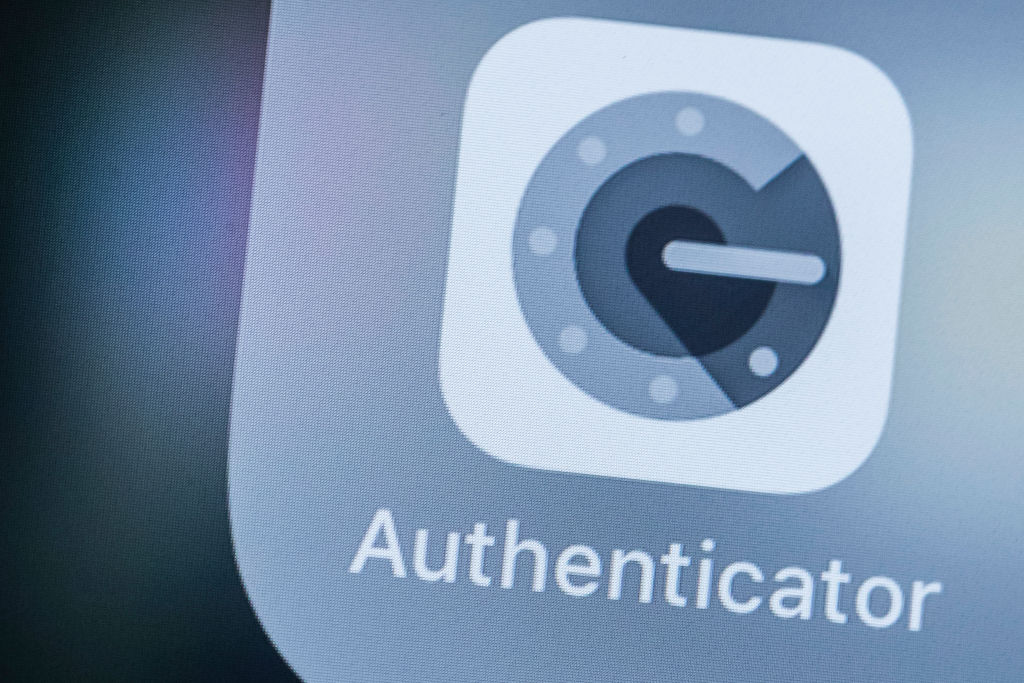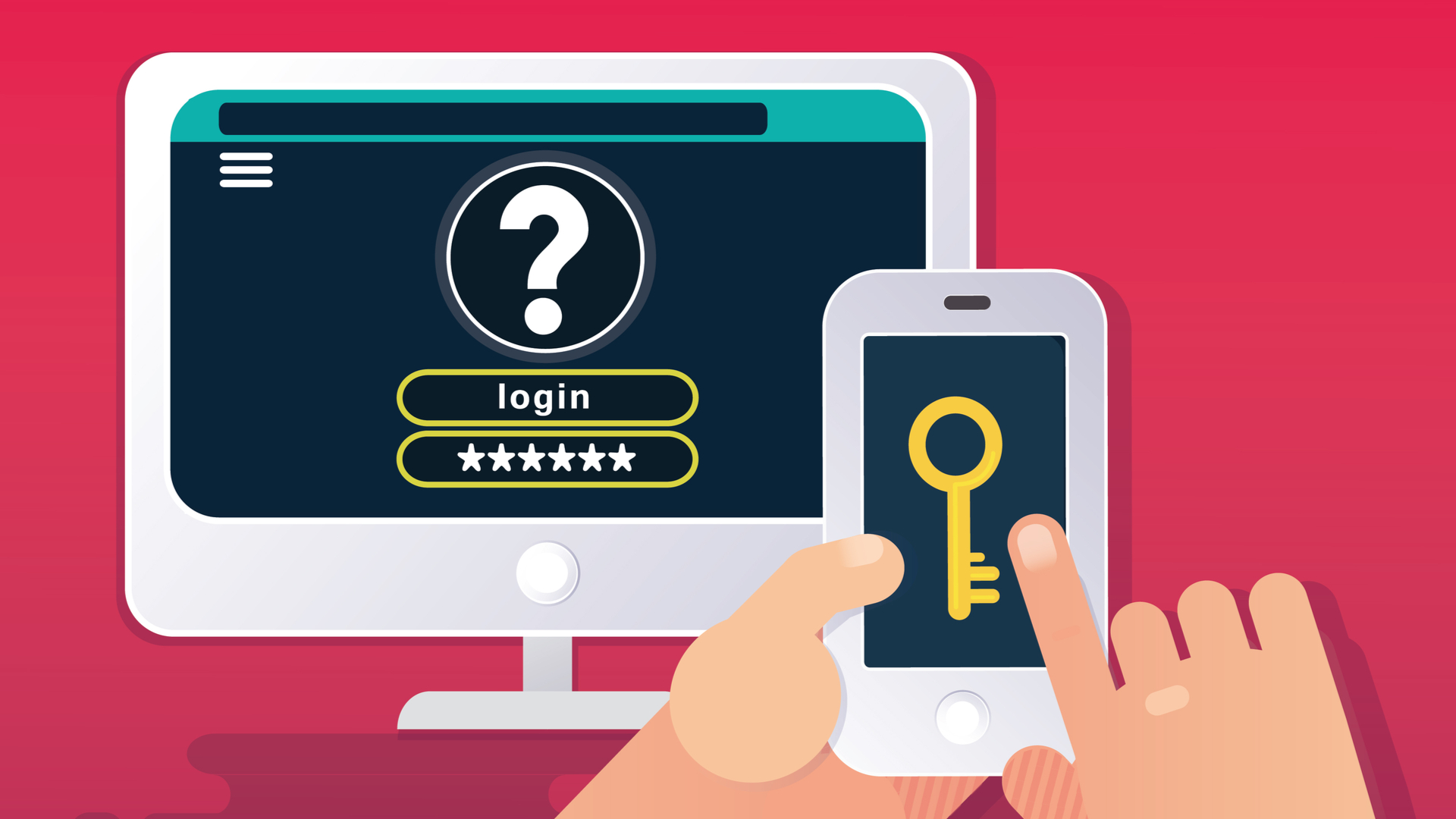Coinbase notifies 6,000 customers of data breach
Hackers exploited a 2FA flaw to steal hundreds of thousands in cryptocurrency


Coinbase has sent out letters to 6,000 customers informing them that of a data breach that led to hackers wiping cryptocurrency accounts.
The letter was sent months after customers started complaining that their accounts had been wiped, with CNBC reporting that the cryptocurrency exchange platform, which has 68 million users, had been criticised for lack of action regarding the heist.
Late last week, Coinbase confirmed that, between March and May 2021, 6,000 US customers had fallen victim to “a third-party campaign to gain unauthorized access to the accounts of Coinbase customers and move customer funds off the Coinbase platform”.
The funds were transferred to crypto wallets unassociated with Coinbase, the company stated in the letter, making the transactions impossible to retract. Some customers reported losing even $168,000 (£123,655), according to CNBC.
Not only did the threat actors manage to steal hundreds of thousands worth of cryptocurrency, but they also obtained personal information such as “full name, email address, home address, date of birth, IP addresses for account activity, transaction history, account holdings, and balance”.
The hackers managed to exploit “a flaw in Coinbase’s SMS Account Recovery process in order to receive an SMS two-factor (2FA) authentication token”.
RELATED RESOURCE

HP Wolf Security: Threat insights report
Equipping security teams with the knowledge to combat emerging threats
However, in order to log in to users' accounts, they would also need information such as an email address, password, and phone number associated with the account, as well as access to customers’ email account.
Sign up today and you will receive a free copy of our Future Focus 2025 report - the leading guidance on AI, cybersecurity and other IT challenges as per 700+ senior executives
Coinbase told the victims that it was “not able to determine conclusively how these third parties gained access to this information”.
However, the company pointed to the probable “phishing attacks or other social engineering techniques to trick a victim into unknowingly disclosing login credentials to a bad actor”.
“We have not found any evidence that these third parties obtained this information from Coinbase itself,” it stated in the letter, which was sent around six months after the breach took place.
Victims of the heist will be reimbursed, Coinbase said, adding that “will ensure all customers affected receive the full value of what [they] lost”. Customers were asked to change their passwords to a stronger combination that hasn’t been used on different sites.
The company is also working with law enforcement to investigate the issue, describing the status of the investigation as “ongoing”.
Having only graduated from City University in 2019, Sabina has already demonstrated her abilities as a keen writer and effective journalist. Currently a content writer for Drapers, Sabina spent a number of years writing for ITPro, specialising in networking and telecommunications, as well as charting the efforts of technology companies to improve their inclusion and diversity strategies, a topic close to her heart.
Sabina has also held a number of editorial roles at Harper's Bazaar, Cube Collective, and HighClouds.
-
 Microsoft unveils Maia 200 accelerator, claiming better performance per dollar than Amazon and Google
Microsoft unveils Maia 200 accelerator, claiming better performance per dollar than Amazon and GoogleNews The launch of Microsoft’s second-generation silicon solidifies its mission to scale AI workloads and directly control more of its infrastructure
-
 Infosys expands Swiss footprint with new Zurich office
Infosys expands Swiss footprint with new Zurich officeNews The firm has relocated its Swiss headquarters to support partners delivering AI-led digital transformation
-
 Microsoft Authenticator mandates number matching to counter MFA fatigue attacks
Microsoft Authenticator mandates number matching to counter MFA fatigue attacksNews The added layer of complexity aims to keep social engineering at bay
-
 As Google launches passwordless authentication for all, what are the business benefits of passkeys?
As Google launches passwordless authentication for all, what are the business benefits of passkeys?News Google follows Apple in its latest shift to passwordless authentication, but what are the benefits?
-
 There's only one way to avoid credential stuffing attacks
There's only one way to avoid credential stuffing attacksOpinion PayPal accounts were breached last year due to a credential stuffing attack, but can PayPal avoid taking responsibility?
-
 Google Authenticator 2FA update accused of making service less secure
Google Authenticator 2FA update accused of making service less secureNews Lack of end-to-end encryption in code backup has some developers worried
-
 Five things to consider before choosing an MFA solution
Five things to consider before choosing an MFA solutionIn-depth Because we all should move on from using “password” as a password
-
 What is multi-factor authentication (MFA) fatigue and how do you defend against attacks?
What is multi-factor authentication (MFA) fatigue and how do you defend against attacks?In-depth Strong authentication is key to security, but it needs to be properly managed to avoid MFA fatigue
-
 Beyond Identity strikes up strategic partnership with World Wide Technology
Beyond Identity strikes up strategic partnership with World Wide TechnologyNews WWT will implement Beyond Identity’s authentication platform internally while also acting as a global channel partner
-
 Implementing strong authentication across your business
Implementing strong authentication across your businessIn-depth Strong authentication is hugely important, but implementing any regime at scale is not without its challenges
